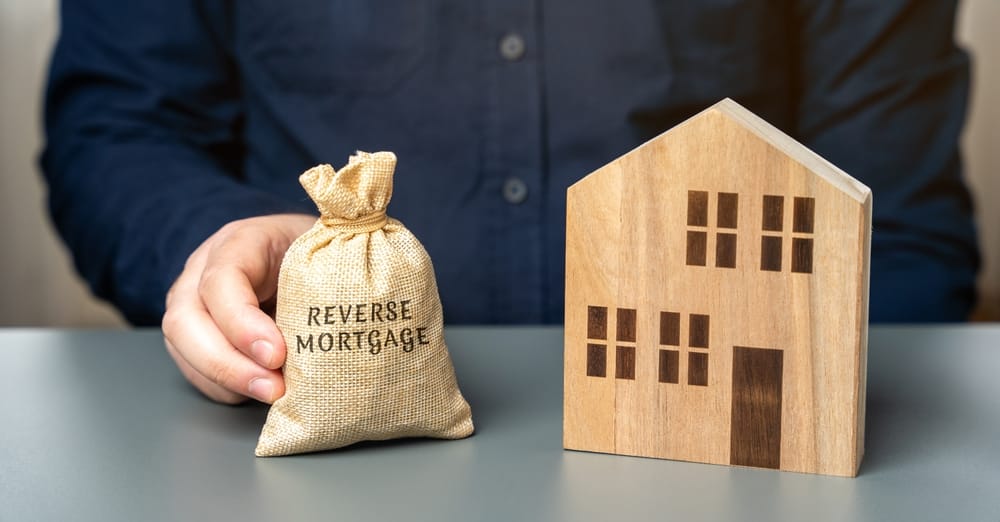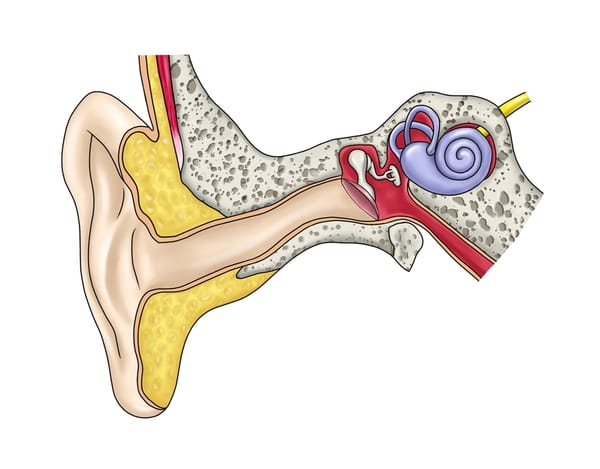Helping Your Parent: Reverse Mortgages & Rising Costs

As you care for an aging parent in Ontario, you may be noticing how the financial landscape is changing: escalating living costs, growing home-care or medical expenses, and a strong desire from your parent to remain in their home in familiar surroundings. One financial tool that might fit into the mix is a reverse mortgage. This post walks you through what it is, how it might help and what to look out for.
What Is a Reverse Mortgage?
A reverse mortgage allows a homeowner (typically aged 55 or older) to borrow against part of their home’s equity without having to make monthly mortgage payments. Unlike a traditional mortgage in which you make regular payments to someone else, a reverse mortgage pays you. The loan is repaid when the home is sold, the owner moves out permanently or passes away. It’s become an increasingly popular solution in Canada, the U.K, the U.S., Australia and other countries.
Key features:
· Access up to about 55% of the home’s appraised value in tax-free cash.
· No monthly mortgage payments are required while the homeowner remains living in the home, meets obligations (taxes, insurance, upkeep) and does not move out permanently.
· Money is tax-free; no impact to government pensions.
· The homeowner retains ownership of the house.
· Interest rates are generally higher than a traditional mortgage: for example in Ontario, fixed rates for reverse mortgages are listed in the ~7 % – 9 % range in recent data. Best Mortgage Rates Canada
Why This Matters for Your Parent & You
As someone helping your parent, here are the pressures that make this conversation timely:
1. Rising cost of living & home maintenance: Even staying in the home they love still comes with increasing costs — property taxes, utilities, home repairs (roof, furnace, plumbing), snow-clearing, etc.
2. Growing medical / home-care expenses: Although Ontario provides many public supports, the need for home help, mobility aids, specialized care or private support is rising. For example:
· The Financial Accountability Office of Ontario reports that Ontarians aged 75-79 receive about $11,900 per year in average health-care spending, and those over 90 nearly $29,600. FAO Ontario+1
· Home-care hourly rates in Ontario: personal support worker (PSW) work ~ $28-$35/hour; live-in 24/7 supervision ~ $150-$250 per day in some cases.
· Families in Ontario funding home care: over 150,000 people supported by family-funded home care, at an average cost of approx $17,600 per year. Home Care Ontario
3. The desire to “age in place”: Many seniors prefer staying in their home/community rather than moving. Data suggest a high percentage of 45+ Canadians (including in Ontario) express a wish to stay in their home as long as possible. HomeEquity Bank+1
4. Equity‐rich but cash‐flow constrained: Often your parent may have a large asset (the home) but limited liquid income. Converting some home equity to cash helps ease immediate cash-flow needs without forcing a move to a new home.
In this context, a reverse mortgage can be one of the tools to unlock that home equity and give your parent (and you) more flexibility to handle costs, maintain independence, and reduce anxiety about “what happens if something goes wrong”.
The maximum amount of money you can borrow from your mortgage, however, depends on:
1. Your age and the age of other people registered on the title of your home.
2. Your home’s appraised value and condition.
3. The type of home you own.
4. Where you live.
5. Your lender.
What Are The Pros of a Reverse Mortgage?
1. You can use the cash you take out of your home equity to pay off debt, cover everyday expenses, make renovations, support your family or pay for in-home care.
2. You can often use this type of mortgage even if you have bad credit.
3. You own the property for as long as you live in the home. The lender cannot transfer ownership of your property.
4. You can exit your reverse mortgage at your convenience by paying your mortgage amount in addition to the interest incurred and interest penalty just like a traditional mortgage.
5. A reverse mortgage does not affect Old Age Security (OAS) or Guaranteed Income Supplement (GIS) benefits.
6. The equity you access is tax-free and there are no regular monthly mortgage payments. You pay your loan when you move, sell the home, or pass away.
7. You can choose to receive a single cash deposit or several smaller deposits.
8. You do not have to prove income to qualify.
9. If there is a mortgage on the property, the reverse mortgage will pay that off so the only encumbrance on the property will be the reverse mortgage.
What Are The Cons of a Reverse Mortgage?
1. Interest rates and fees of a reverse mortgage are typically higher than most other types of mortgages.
2. There are costs associated with this type of mortgage such as appraisal fees, legal fees, and independent legal advice.
3. The equity in your house may go down as you accumulate interest.
4. Your estate has to repay the loan and interest within a set period after you pass on. This can result in your children or benefactors inheriting less or having to sell the house.
5. You may not be able to borrow money against your home in the future.
6. To be released from the mortgage agreement, you must sell your home, repay the loan, refinance the loan with another lender or pass away. In the event you pass away, your estate becomes responsible for paying back the lender.
What to Watch Out For: Important Considerations
While a reverse mortgage can help, there are several important caveats you and your parent should weigh:
1. Interest and Costs
· The interest on the loan accrues over time, which means the owed balance grows over time.
· Setup costs, appraisal fees, legal fees and closing costs apply.
2. Impact on Estate Value and Heirs: If your parent wants to leave the home intact for heirs, using a reverse mortgage means there will be less equity left because the loan plus accrued interest must be repaid when the home is sold. As HEB puts it: “On average, CHIP customers have over 50% of the value of their home left to enjoy after repaying the loan.” CHIP But that depends heavily on how long the home remains in use, home value changes, interest rate, and how much is borrowed.
3. Staying in the Home Requirements: Your parent must keep the home as their primary residence, maintain insurance and property tax payments, and keep the home in acceptable condition.
4. Compare Alternatives: Maybe your parent could downsize, sell and rent, refinance an existing mortgage, or get a home equity line of credit (HELOC) if they still have income and qualify. These may have different cost/risk profiles that your mortgage agent can advise you about.
Final Thoughts for the “Care-giving Adult Child”
· A reverse mortgage isn’t for everyone—but it can be a viable part of a strategy to support your parent financially, so they can stay in the home and maintain quality of life while you help from the sidelines.
· Because costs (living, medical, home care) are rising, converting home equity into accessible cash can ease stress—but only if done thoughtfully.
· The key is open communication, understanding trade-offs (equity reduction vs cash flow), and making sure the product aligns with your parent’s goals rather than feeling pressed into a “last resort”.
· It’s smart for you and your parent to consult: a licensed mortgage agent or broker with knowledge and experience in accessing home equity, a qualified financial advisor familiar with reverse mortgages, plus a lawyer for estate/heritage issues.
Love them without losing yourself. The Boom Health app helps you manage your loved one’s home care in one app. Download the app from the App Store or Google Play Store.
This article is not intended to be a substitute for professional medical advice or diagnosis. Always seek the advice of your physician or another qualified health provider with any questions you may have regarding a medical condition.




